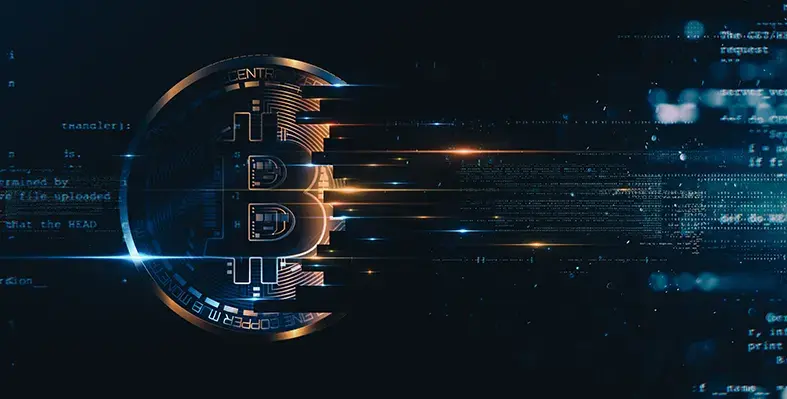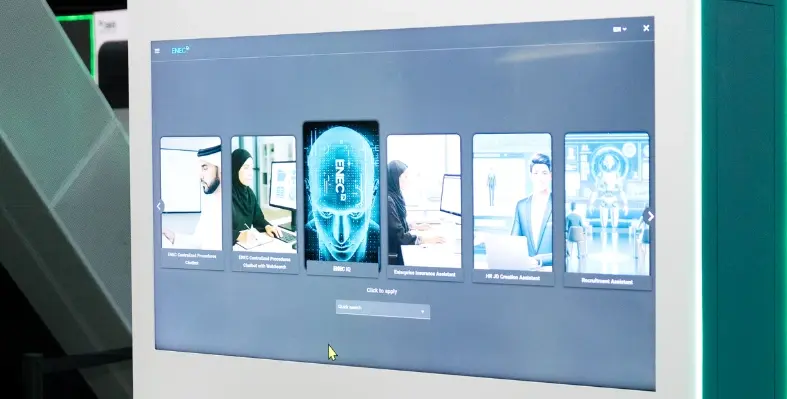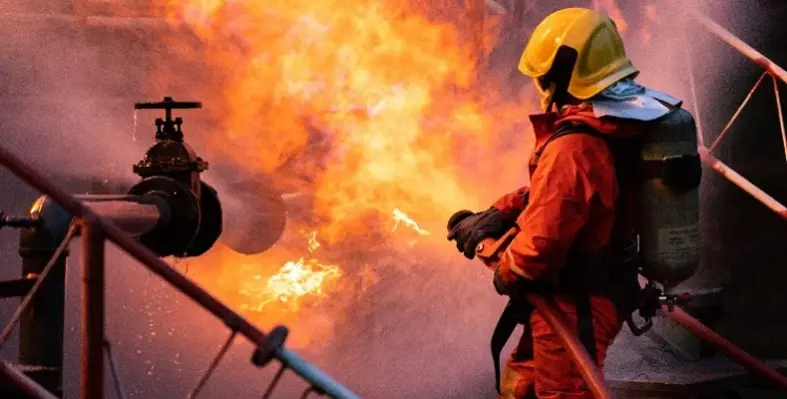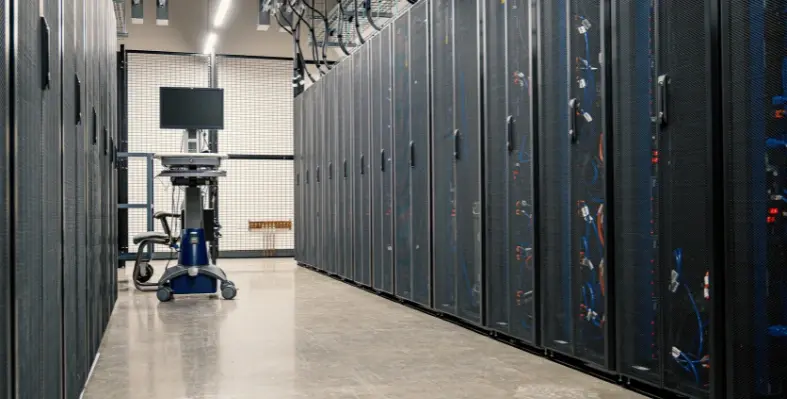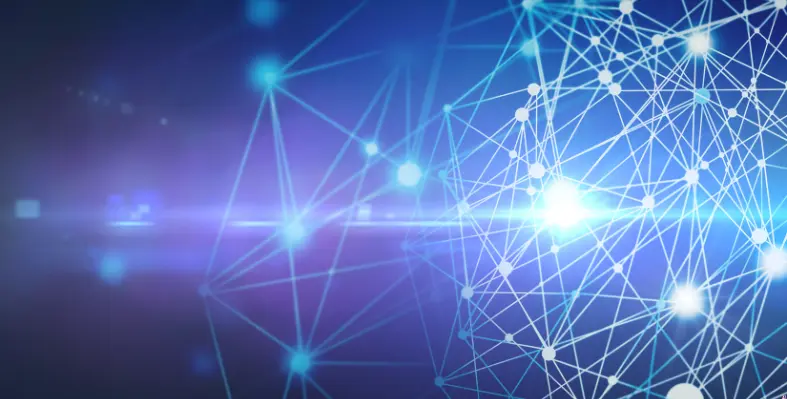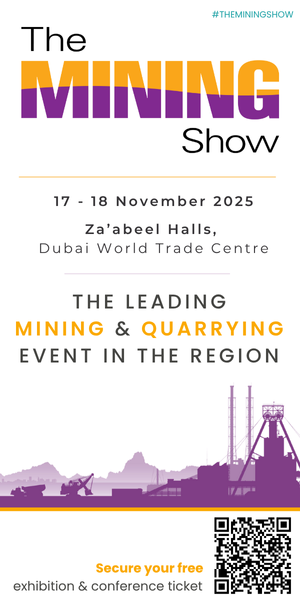NIP Group Inc. has unveiled a significant expansion of its Bitcoin mining operations, positioning it among the first major gaming and entertainment firms to build large-scale crypto and high-performance computing infrastructure
The company’s latest acquisition will boost its total mining capacity to about 11.3 exahashes per second (EH/s), placing NIPG among the world’s top publicly traded Bitcoin mining operators. Once operational, the expanded facilities are expected to produce around 160 Bitcoins per month, depending on global network hash rates. The initiative is designed to strengthen NIPG’s financial foundation while creating the digital backbone for next-generation gaming, AI, and entertainment platforms.
The expansion reflects the company’s broader strategy to integrate digital currencies, artificial intelligence, and computing power into its gaming ecosystem. It follows NIPG’s recently announced partnership with the Abu Dhabi Investment Office, which supports the establishment of the company’s new digital infrastructure division headquarters in Abu Dhabi.
Commenting on the milestone, Hicham Chahine, co-CEO of NIPG, said, “This transaction demonstrates the speed at which we are advancing our digital infrastructure strategy. Building large-scale computing power gives us a stronger foundation to pursue opportunities in high-performance computing, crypto mining and AI applications in gaming and entertainment.”
“As a pioneer among gaming companies establishing significant computing infrastructure, we're uniquely positioned to explore emerging use cases at the intersection of gaming, esports, streaming, crypto and AI. While we remain committed to our gaming and entertainment heritage, we see computing power as a core enabler of the next stage of our growth.”
Carl Agren, chief operating officer of NIPG mining and digital assets, added, “We will deploy these assets with efficiency and precision, delivering stable output immediately while preparing our computing base for more advanced applications ahead.”
The company noted that this move reinforces its long-term commitment to digital transformation and value creation, paving the way for the convergence of gaming, crypto, and AI-driven entertainment experiences.





